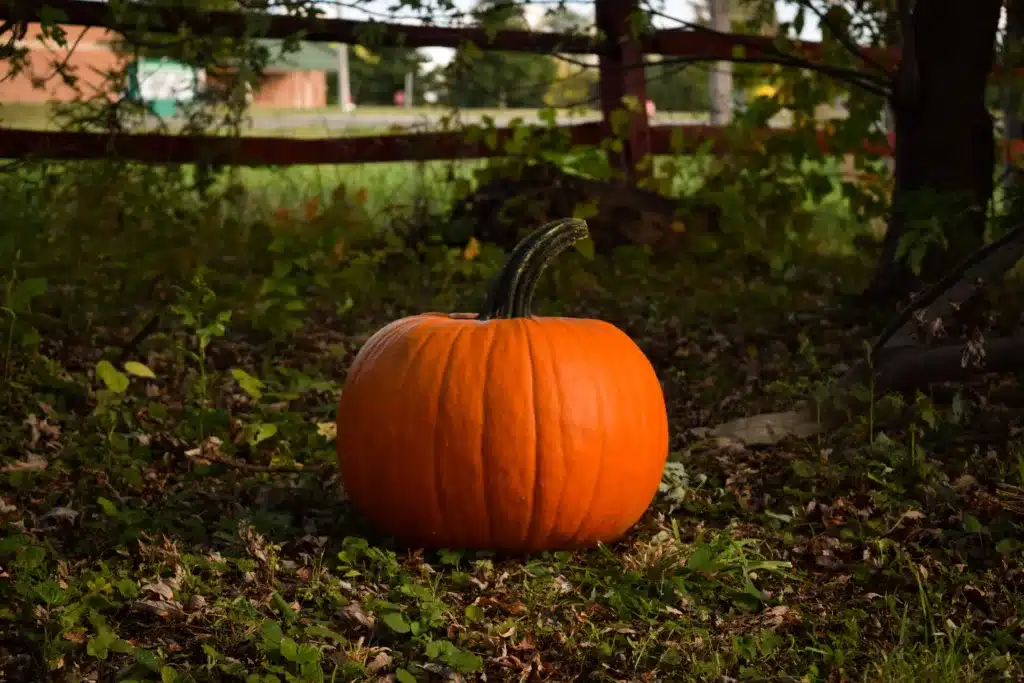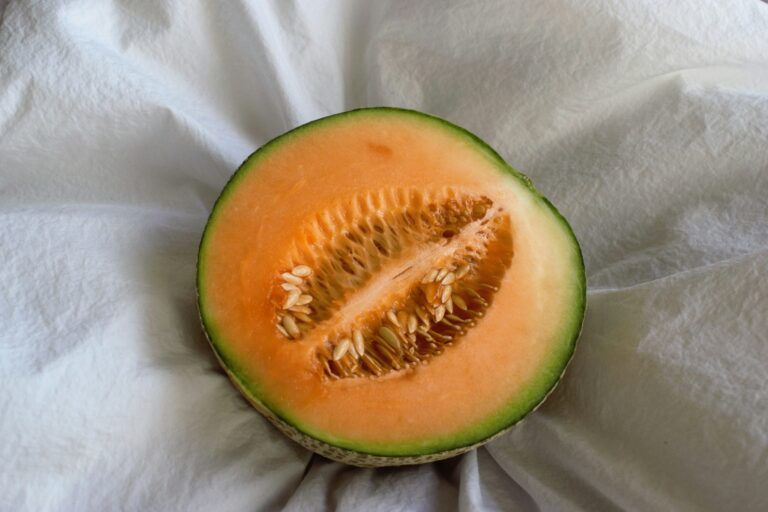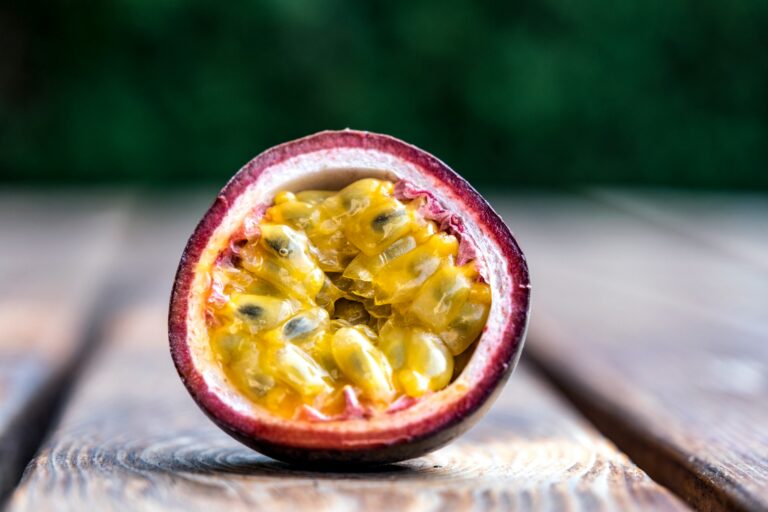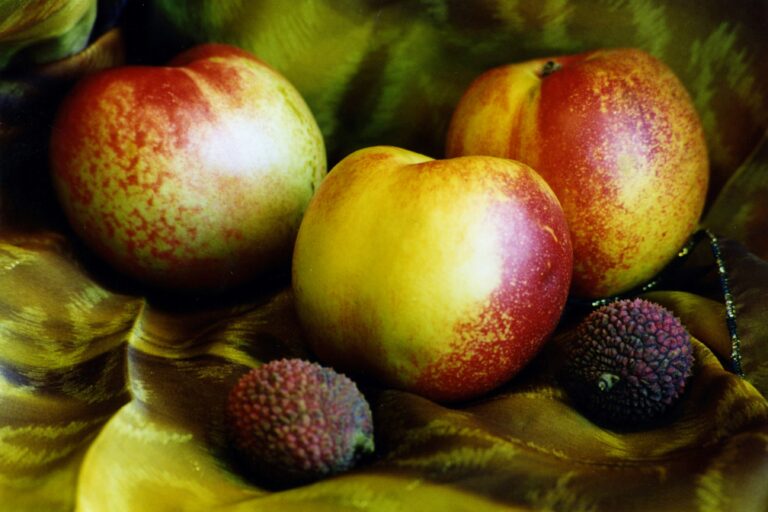The scientific name of the pumpkin is Cucurbita. Cucurbita is a genus of herbaceous fruits in the gourd family, pumpkin belongs to the kingdom Plantae. Native to the Andes, America, and Halloween. Five edible species are grown and consumed for their flash and seeds. Pumpkins are also known as squash, or gourd depending on species, variety, and local parlance.
Size: 5 to 10 pounds pie pumpkins are most often grown. Pumpkins in the 10-25 pound range are primarily used for all decorations. Pumpkins about 25 pounds are called giants.
Shape: pumpkins are like snowfall they are all different! But basically, they have a round shape.
Flavor: pumpkins have a similar earthy sweet flavor and unique taste. It tastes somewhat like a sweet potato when cooked.
Color: deep orange due to the presence of organic pigments. Some are selectively bred to be white, red, or even blue
Pumpkin: Properties, Uses, and Nutritional value
Properties
- Cholesterol free
- Sodium free
- Good source of fiber
- Fat-free
Uses/ways
- Roasted pumpkin seeds
- make pumpkin puree
- pickled, bake a pumpkin, pumpkin chili
- fall decoration
- pumpkin is a very versatile food
Nutritional value
- Boost immunity
- rich in antioxidants
- assist in weight loss
- lower the risk of Cancer
- benefits the heart health
- promote/improve healthy skin
- easy to add to your diet
Nutrients
Beyond its delicious taste, pumpkin is nutritious and linked to many health benefits. Pumpkin has an impressive nutrient profile. One cup of cooked pumpkin 245 gram contains
- Calories: 49
- Iron: 8% of RDI
- Fats: 0.2 gram
- Manganese: 11% of RDI
- Proteins: 1.8 gram
- Carbohydrates: 12 gram
- Fibre: 2.7 gram
- Sugar: 5 gram
- Potassium: 16% of RDI
- A small amount of magnesium, phosphorus, zinc, folate, and several B vitamins
- Low in calories as its 94% water
Healthy benefits of Pumpkin
Pumpkin has a range of fantastic benefits including one of the best-known sources of beta carotene. Beta carotene is a powerful anti-oxidants that gives Orange vegetables and fruits their color. The body transforms any ingested beta-carotene into vitamin A. Consuming foods with a high volume of beta-carotene may have color-owing benefits:
- decreasing the risk of age-related macular degeneration
- Lessening the risk of developing certain types of cancers
- offering protection against asthma and heart disease
- many studies showed that pumpkin decreases the risk of obesity and overall mortality, increases energy, and healthy body mass index (BMI)
Regulating blood pressure
Consuming enough potassium may be almost as important as decreasing sodium in the treatment of high blood pressure. High blood pressure is a risk factor for cardiovascular diseases (CVD). Typically reducing sodium intake involves eating meals that comprise little or no salt.
High anti-oxidant
Pumpkins contain antioxidants such as alpha-carotene, beta-carotene, and beta-cryptoxanthin. These can neutralize free radicals stopping them from damaging your cells. Anti-oxidants protect your skin against sun damage and lower the risk of cancer, eyes diseases, and other conditions
Boosts immunity
Pumpkin is also high in vitamin c which has been shown to increase white blood cells production, help immune cells work more effectively and make wounds heal faster
Protect your eyesight
Beta carotene content provides your body with the necessary vitamin a. People with a high intake of beta carotene in their diet had a minor risk of cataracts, a cause of blindness. Additionally contains a good amount of vitamins c and e, which function as antioxidants and prevent free radicals from impairing your eyes cells
Aids in weight loss
Pumpkin is supposed as a nutrient-dense food it is incredibly low in calories being pact with nutrients and is a weight loss-friendly appetite because you can consume more of it than other carbohydrate resources such as rice and potatoes
Easily added to your diet in your daily routine
The easiest way to eat pumpkin is to season it with salt and pepper and roast it in the oven. During winter, many people enjoy pumpkins by making soup. Pumpkin is also available pre-cut or canned, giving you flexibility with your preparation and it is delicious and amazing to prepare.
Side effects of Pumpkin
Side effects are rare from pumpkins products, but may include
- Nausea
- Stomach discomfort
- Diarrhea
- Gas and bloating
FAQ
What are the benefits of eating pumpkins?
Beyond its delicious taste, pumpkin is nutritious and linked to many health benefits. It has a range of fantastic benefits including one of the best-known sources of beta carotene. Pumpkin also boosts your immunity.
Is pumpkin a fruit or vegetable?
You might be shocked by the answer! A pumpkin is actually a fruit. because anything that starts from a flower is botanically a fruit.
How long does a pumpkin last?
Pumpkins can last 8 to 12 weeks if stored in a cool, dark dry place.
What are the benefits of eating pumpkin seeds?
Pumpkin seeds may be small, but they are packed full of valuable nutrients. Helps in improving heart health, prostate health, and protection against certain cancers, and science-based health benefits show those results.






